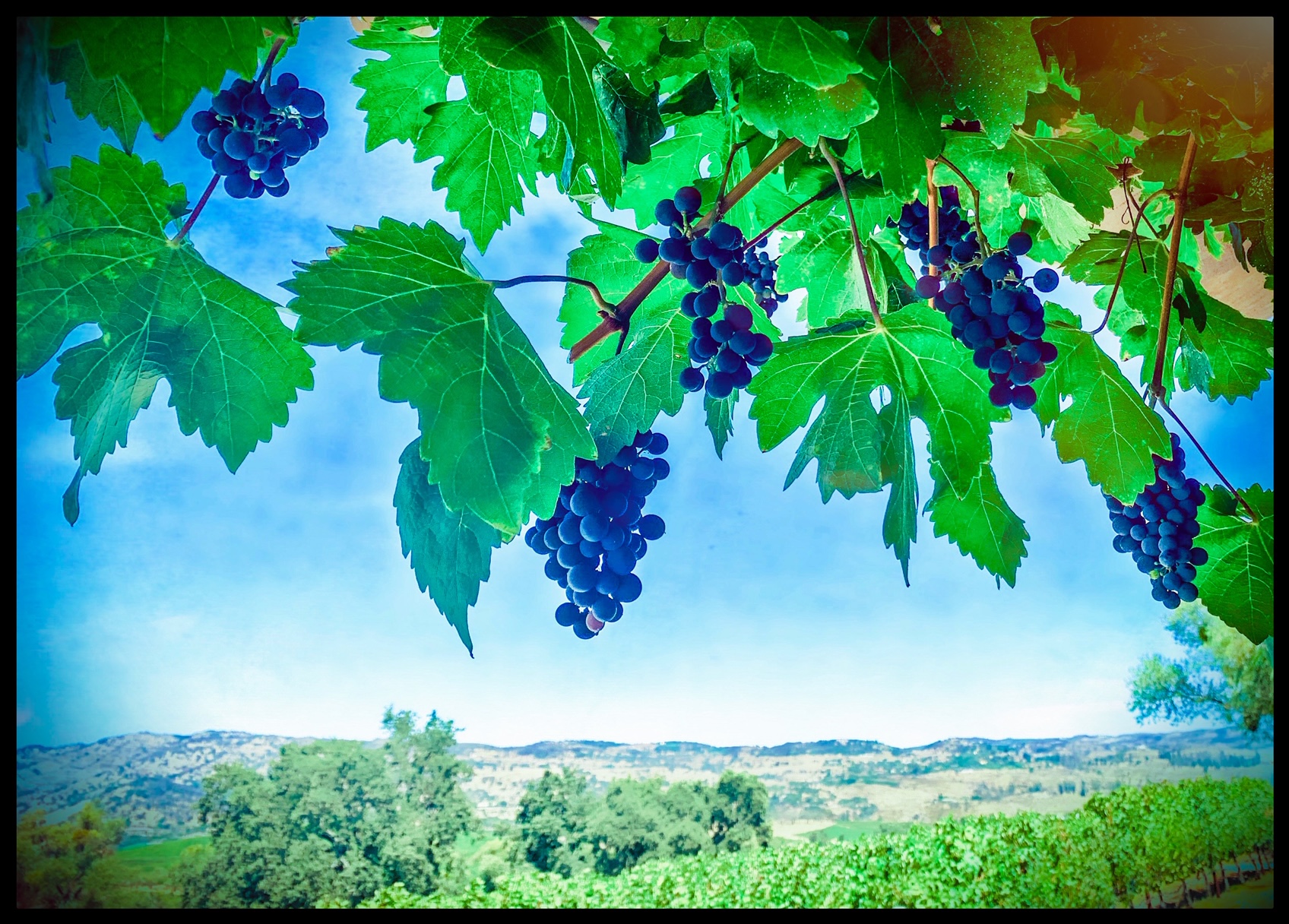On the evening of October 8, 2017 a spark ignited on Atlas Peak which dramatically changed the course of history for the winemaking industry in Napa. The Atlas Fire, as it came to be known, ultimately razed through more than 51,000 acres of land. Six wineries were severely damaged and dozens more were affected.
A total of 250 fires burned during what is now referred to as The Northern California Firestorm of 2017. As you drive through the Napa Valley you can see the devastation that was wrought. Scorched land, decimated buildings, and the shadows of trees are evident mile after mile.
Also clear to see is rebuilding, regrowth, rebirth, and renewed dedication and determination. Resilience is a character not just of the vineyards of Napa, but of the people who have dedicated their careers and lives to coaxing wine out of the grapes that stubbornly insist on flourishing here despite overwhelming odds.
History
Vineyards were first planted here in 1870. Between 1880 and 1901 plantings included Zinfandel, Burgundy, Riesling, and Muscat, among others.
The first winery was established in the early 80’s by Bill Hill, and has since attracted some of the most notable labels in the world, such as Caymus and Michael Mondavi.
Today more than 80 wineries in Napa source their grapes from Atlas Peak. The AVA was established in 1992, and it is now a coveted AVA whose label is readily recognized by consumers to be superior.
Climate and Soil
Like so many of the mountain based Napa AVAs, the soil here is volcanic and red in color. Water is difficult to retain so irrigation is essential. The highest point of Atlas Peak is 2,600 feet, usually above the fogline making for temperatures 10-15 degrees cooler than the valley floor. Even during the hottest days of summer it rarely reaches above 90 degrees.
Mountain grapes are rugged and stubborn-they’re not the easiest to grow. The soil is stony, it’s difficult to retain water, but the grapes are so worth the effort. I love this quote from Master Sommelier John Szabo, “…For a vine it’s probably hell. For a winemaker, and wine drinkers, it’s much closer to heaven”.
Grapes
Cabernets make for about 80% of the grapes yielded here, but other robust grapes include Cabernet Franc, Syrah, and Malbec.
If you’ve ever had the pleasure of sampling wine from Stagecoach Vineyards, than you’ve experienced some of the best of what Atlas Peak has to offer. And if you haven’t…you should. – Lea Gourley

